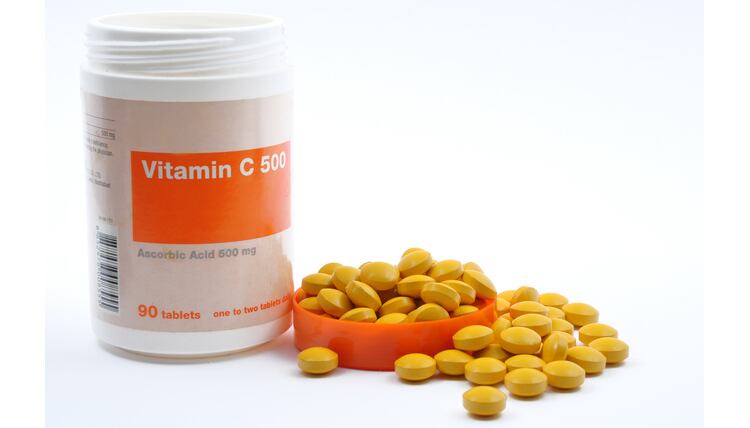A check on a number of APAC dietary supplement retailers’ websites on April 8 showed that several vitamin C brands were sold out.
For example, on Watsons Singapore’s website, products such as Enervon vitamin C tab, DHC sustained released vitamin C tablets, and Redoxon are sold out.
On iHerb Malaysia’s website, the same case applies to Mason Natural’s vitamin C 500mg tablets and Life Extension’s buffered vitamin C powder.
Dietary supplement firm Cambert, which manufacturers products under the brand Kordel’s is also seeing its vitamin C stocks running low and the manufacturing partners have asked for a longer time to deliver the products.
“The sales have grown by two to three times month-on-month. Compared to last year, it has really spiked,” GM Ho Swee Lin told NutraIngredients-Asia.
The company engages contract manufacturers from Europe, the US, Canada, Australia, and New Zealand.
Ho said that the overseas manufacturers have been requesting a longer lead time for product delivery.
On top of that, there was also the issue of pricier freight cost.
“Suppliers have been asking us to air freight, however, because all airlines have cut down on their air cargo, the price of air cargo has also increased by at least two times,” he said.
From a supplier point of view, DSM, which is one of the world’s largest vitamin C suppliers, said that both its plants in Jiangshan, China and Dalry, Scotland were still running at full capacity at present, with strict hygiene and precautionary measures implemented.
Both plants supply for the global markets. The Jiangshan site has a production capacity of about 25 kilotons.
“We expect that the consumption of these nutrients and functional ingredients, as single ingredient or premix solutions, will continue to increase,” Nelleke Barning, VP of global communications & external affairs nutrition, told us.
“Since the impact of the novel coronavirus evolves constantly, and the demand of essential micronutrients can change, as can circumstances in specific countries, we will do our utmost to ensure continued supply,” Barning added.
Turning to orange juice
On the other hand, there are consumers who have turned to orange juice on the belief that doing so could meet their vitamin C needs.
According to a report from CNBC on April 1, orange juice futures were up more than 25% in last month. This means that the future price of orange juice is expected to go up.
This has in fact, reversed the pre-outbreak situation, when orange juice futures had dipped to low levels.


